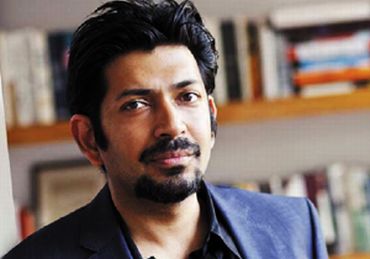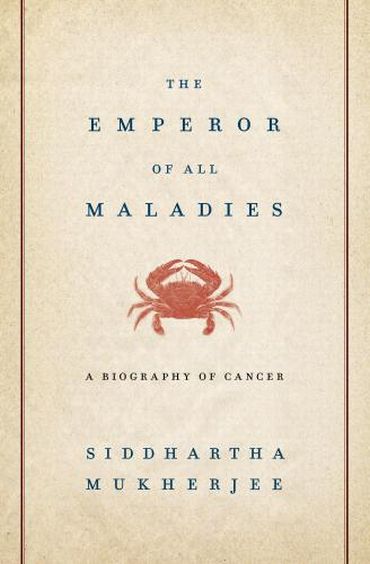 | « Back to article | Print this article |
The fourth Indian-origin Pulitzer winner
Siddhartha Mukherjee has become the fourth person of Indian origin to bag the prestigious Pulitzer Prize, the first being Gobind Behari Lal way back in 1937.
Lal was science editor emeritus for the Hearst newspapers and worked for the group in San Francisco, New York and Los Angeles since joining The San Francisco Examiner in 1925.
He was awarded the Pulitzer in the Reporting category for his coverage of science at the tercentenary of Harvard University when he was working for Universal Service. He died in 1992 of cancer.
Please click NEXT to read further...
Jhumpa Lahiri won Pulitzer for fiction in 2000
Indian American author Jhumpa Lahiri won the Pulitzer for fiction in 2000 for her collection of stories "Interpreters of Maladies".
She was awarded $ 5,000 for her "distinguished fiction by an American author, preferably dealing with American life".
Lahiri was born in 1967 in London and raised in Rhode Island. Her parents were born and raised in India, where a number of the stories in "Interpreter of Maladies" were set.
Anand bagged Pulitzer for exposing corporate scandals in US
Journalist-writer of Indian origin Geeta Anand was the next to get the award named after Joseph Pulitzer, who stood out as the very embodiment of American journalism.
The investigative reporter and feature writer for the Wall Street Journal was given the award in 2003 for "clear, concise and comprehensive stories that illuminated the roots, significance and impact of corporate scandals in America".
'The Pulitzer is well deserved!'
Mukherjee is a cancer physician and researcher. He is an assistant professor of medicine at Columbia University and a staff cancer physician at Columbia University Medical Center. He lives in New York with his wife and daughters.
His award-winning nonfiction work "The Emperor of All Maladies: A Biography of Cancer", published by HarperCollins, was described by the jury as "an elegant inquiry, at once clinical and personal, into the long history of an insidious disease that, despite treatment breakthroughs, still bedevils medical science".
Said P M Sukumar, CEO of HarperCollins India, "Siddhartha Mukherjee has produced a real tour de force, with 'The Emperor of All Maladies'. It is a wonderfully warm, erudite and engaging book."
"A panoramic history of the disease of cancer and its treatment that is infused with meticulous detail and clarity, it is a heartfelt book, but not sentimental. For a non-fiction work on cancer to hold and engross the reader from start to finish: a superlative achievement! The Pulitzer is well deserved!," he added.



